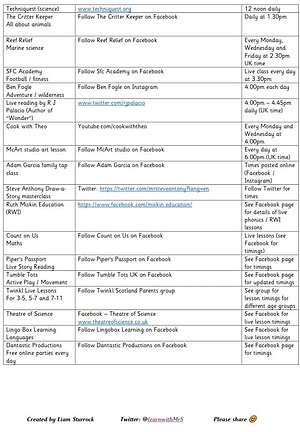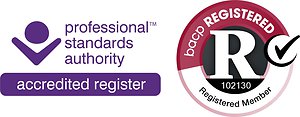BLOG PAGE
Welcome to the blog page, space for you to post any comments, any suggestions just email me and let me know. Anything you wish to share, anything worrying you? then let us know. Take care!
19th February 2021:
Have you ever wondered about Learning difficulties and the differences between Dysgraphia, Dyspraxia and Dyscalculia?
Then these graphics may be of help:
Dysgraphia
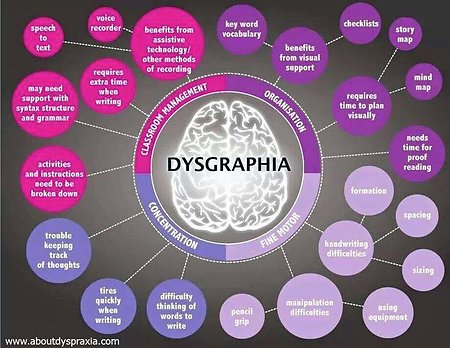
Dyspraxia
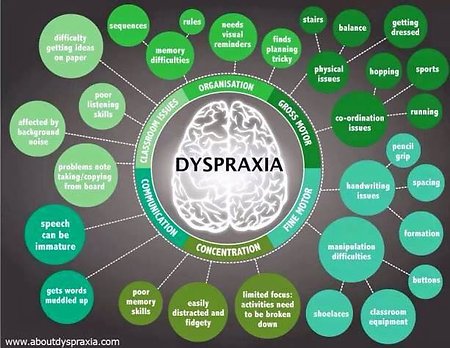
Dyscalculia
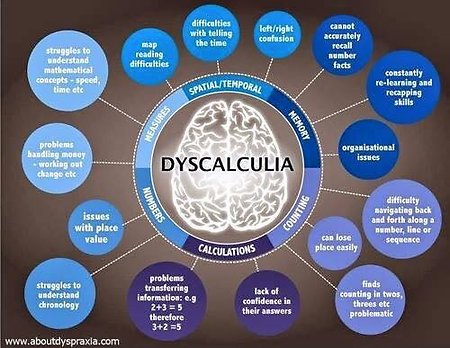
Posted 26th March 2020: Strategies and links to support homeschooling.
Home School tips: https://www.facebook.com/photo.php?fbid=10157505114992885&set=a.10150093299387885&type=3&theater
Posted 8th February 2016: After a long break please find below details about raising awareness to Children's Mental Health in Schools:
Children's Mental Health Week 2016
8-14 February 2016
I am pleased to be supporting Children’s Mental Health Week (8–14 February)
Hosted by children’s mental health charity Place2Be, the theme of the week this year is 'building resilience' and teaching children to 'bounce forward' from life's challenges.
Bereavement, illness, family breakdown, bullying, pressure of exams… children carry far more than the weight of their backpack on their shoulders.
And while we cannot always change children's circumstances, we can teach them the skills to cope with the difficulties life throws at them.
3 children in every classroom have a diagnosable mental health problem and children are less likely to suffer from serious mental health difficulties later in life if they receive support at an early age.
Get involved
For more information and resources for parents, schools, youth clubs and teachers visit:
www.ChildrensMentalHealthWeek.org.uk
Posted 12th August 2014: The above pendant image speaks volumes about change; change can sometimes be scary but it can also be exciting and a time for growth, and new beginnings... I wish all those waiting on exam results over the next few weeks everything they want for themselves ... wishing you all the very best :-)
posted Monday 3/3/2014.
Latest....
EXAM ANXIETY AND REVISION TECHNIQUES
20 May 2014
In the midst of all the anxiety of studying here are a few tips to help:
Active methods of revision:
writing revision notes, reading notes aloud, recording key notes onto your phone, IPod and listening to them on your way to school, college, before going to sleep.Discussing topics with a friend, test yourself, leave post-it notes at key points around your home and read them every time you go to that point e.g light switch, mirror, door handles. past papers under exam conditions,(great for timing yourself and getting used to the exam paper style) use you tube clips - great for subjects like biology revision... just don't get distracted by other social websites!!
Passive revision. ie reading from a book is not the best, as it doesn't really help you to remember what you are learning.
Make a timetable of your study leave/revision time and divide that between all the subjects that you have (remember that subjects like history are more heavy with topics than other subjects such as RS and therefore this needs to be allocated extra revision time.) try and stick to the timetable, but give yourself 5-10 minute breaks at regular intervals - you could use the school day as a guide to your revision,i.e start at 9am until 3pm, take a lunch break the same as if you were at school/college, and morning break. DON'T MAKE IT UNREALISTIC OR OVER-AMBITIOUS... you wont stick to it!
If the time-table doesn't feel like it's working, review it and adapt it- make it work for you.
Try mnemonics! e.g Richard Of York Goes Battling In Vain... the first letter from each word represents the colour of the rainbow R=Red, O=orange, Y=yellow, G=Green, B=blue, I=indigo, V=violet .. easy way to remember stuff!
Use revision websites... ask your teachers for the best ones- a great alternative to passive reading from a text book.
Be prepared for the exam: if you have tried past exam papers you will have an idea of the exam paper layout which will prepare you mentally for when you enter the exam room; the type of questions, how many you need to answer, and how long you have to complete the paper... try and allow yourself enough time to have a go at all the questions and ideally leave 5 minutes at the end to check your answers. ALWAYS read the instructions at the beginning of the exam paper!
GOOD LUCK!!... don't forget eating healthy and sleep is important for concentration :)
-----------------------------------------------------------------------------------------------
With GCSE, A Level and all exams currently taking place, anxiety and stress levels are running high, remember self care .... look after yourself, eat healthily, organise your revision, sleep is important, over the next few days I will be posting some revision techniques.
-----------------------------------------------------------------------------------------------
"How to talk so teens will listen and listen so teens will talk" By Adele Faber and Elaine Mazlish.
This book offers parents with practical advice on how to talk and listen to teenagers. Some tips for engaging cooperation and avoiding conflict and arguments:
Parents... these are some alternative techniques to help communicate with your teens using a mutually respectful approach to help avoid some of the difficult but normal situations that can arise in the daily life with your teenager. Any comments or other suggestions... please let me know!
Posted by Terri 21.3.14
The Health Benefits of Narrative.
This is a document based on the effects of expressive writing and the emotional and physical benefits of writing about a traumatic event. The report follows an experiment with a control group and an experimental group who took part in an exercise writing about traumatic events that had happened in their life. The report was interested in the impact of this on their physical health, therefore the students’ illnesses and visits to the university health center in the months before and after the experiment were recorded.It was discovered that those who had written about their thoughts and feelings drastically reduced their doctor-visit rates after the study - compared to the control participants who had written
about trivial topics.
The experiment revealed that confronting and expressively writing about traumatic experiences has a beneficial effect on physical health. The report goes into greater detail and is an interesting article to read.
This article indirectly relates to the effectiveness of online counselling. Enabling the individual to make full use of expressive writing and communicating about traumatic and emotional events through online counselling can benefit and improve general physical health and emotional well being.
For the full article read http://poetryforpersonalpower.com/wp-content/uploads/2011/10/health-benefits-of-forming-a-story.pdf Posted by Terri 4/3/14
Any comments? Please email to post them on My Blog.